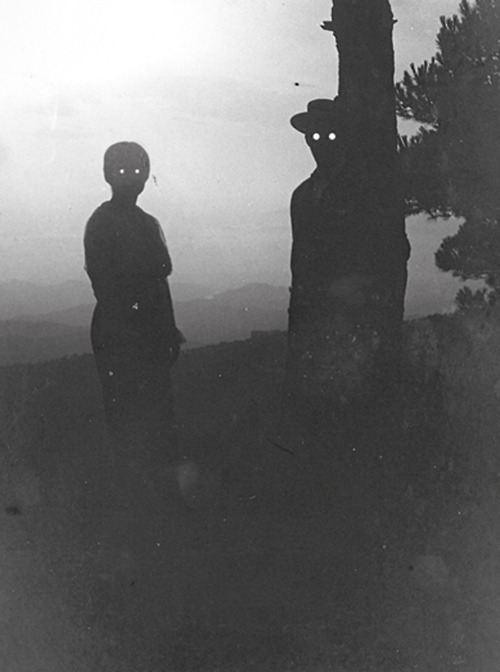You might be thinking, thanks oh wise one, your answer is about as valuable as a punch to the throat. Let me elaborate before you gasp for air and tear up from my, oh so wise wisdom. Horror covers such a broad swathe with everything from psychological to shock and gore. How much horror, and what type of horror to insert into your story depends on what kind of audience you are writing for. Are you writing visceral, gory, and debauched horror in the same vein of Edward Lee, or are you writing a slow, creeping psychological horror more reminiscent of Edgar Allan Poe? Whatever you are writing, and whomever you are writing for, the story is going to dictate how much is too much, and what's just right.
If you have submitted to different publishers who specialize in the horror genre, you have probably seen the following statement in the submission guidelines; no gore for gore's sake. There's a reason for this, and it's because readers and editors can spot that poor attempt for cheap shock a mile away. Gore has its place in fiction. For example, if I'm writing a book about zombies, I know that there is an expectation for gore. Zombies are gross, they eat the living, and you just need to throw in some juicy bits (pun intended). However, if I'm writing a slow, creeping horror, it doesn't make sense to have a dude in a hockey mask slashing up teenagers who are having sex in a tent every other scene. Your horror has to match your story in the same fashion. Unfortunately, there is no quadratic formula out there to calculate this, and it will change from story to story. I'm going to dip in the vague, mystical pot of advice again and say that it is a feeling that has to match the flow the story. Take the Goldilocks approach and put in the amount that is "just right."
How do you figure out this secret of finding what is just right, and knowing how a good story should flow? You could either go on a lifelong quest of tracking down the Illuminati and raiding their secret, underground library to find the dark spell that would grant you the knowledge, or you could simply read books in the genre. Regardless of what genre you write, you need to read other authors of that genre. Read what came before, read what's happening now. You need to know what is selling, what has sold, what are some of the common tropes of the genre. It will help give you a feel for what some of that great literature looks like, and as well as some examples of bad writing. Don't worry, it's all research and it will all help in the long run.
One of the panelists brought up the point that horror is about fear, and I couldn't agree more. H.P. Lovecraft said, "The oldest and strongest emotion of mankind is fear, and the oldest and strongest kind of fear is fear of the unknown." Deep down, if you are writing horror, you are trying to tap into that fear of the unknown and present in such a way that it entertains (or at least disturbs) your readers. This is both easy and difficult at the same time (I know, I know, even more worthless Zen-like wisdom). Everyone is different and everyone is afraid of different things. Things that don't necessarily scare me, might immobilize someone else with fear. What does this mean? It means that while you won't scare everyone, you will scare some folks.
To make things easy and fun, (because, let's face it, writing should be fun, otherwise why do it) just write what you find scary and/or enjoyable. If you get caught up in the web of trying to please others, the tentacled god of the industry will drag you down into a dark abyss from which you might not be able to crawl out. Have fun.

 RSS Feed
RSS Feed